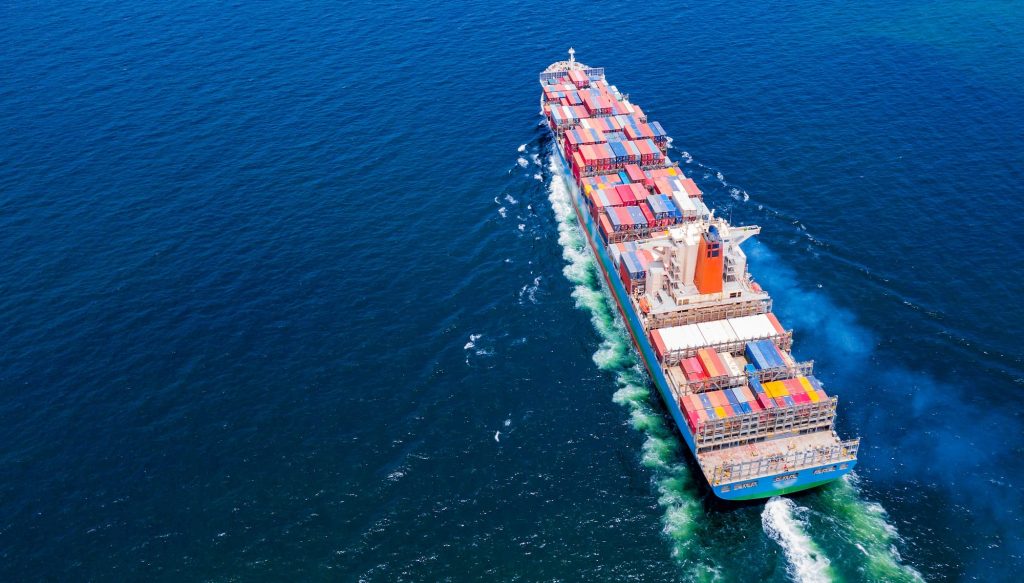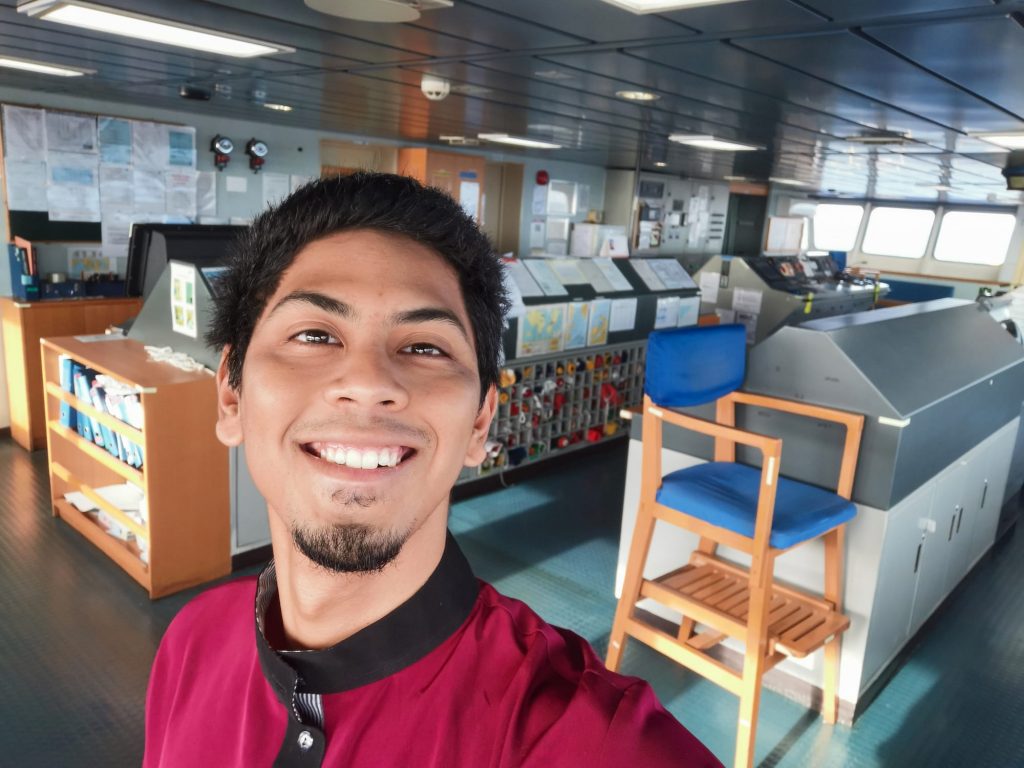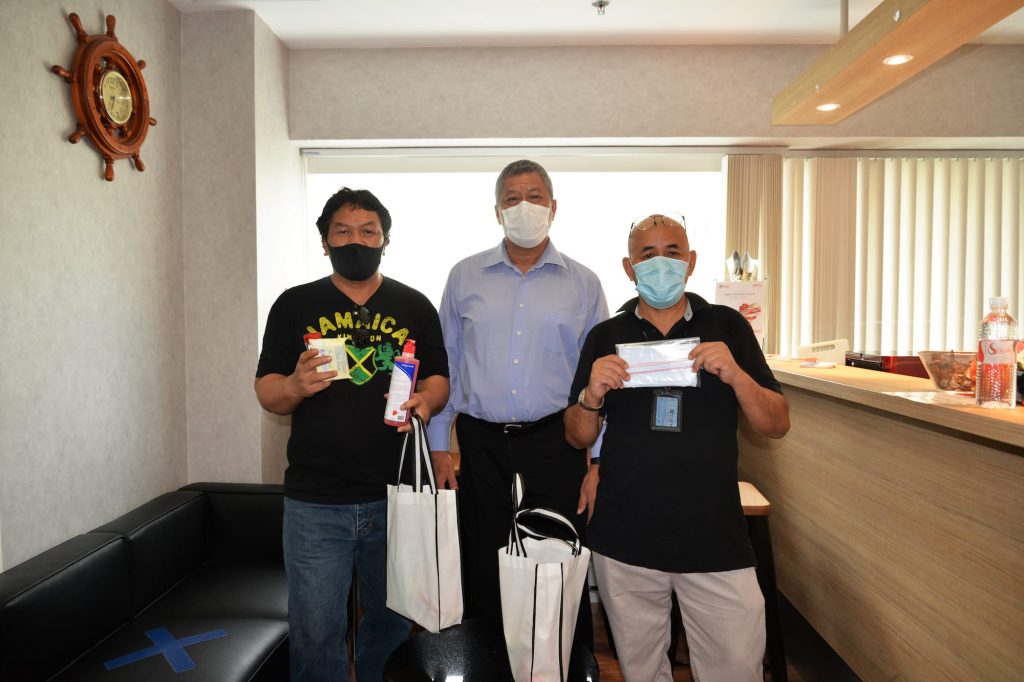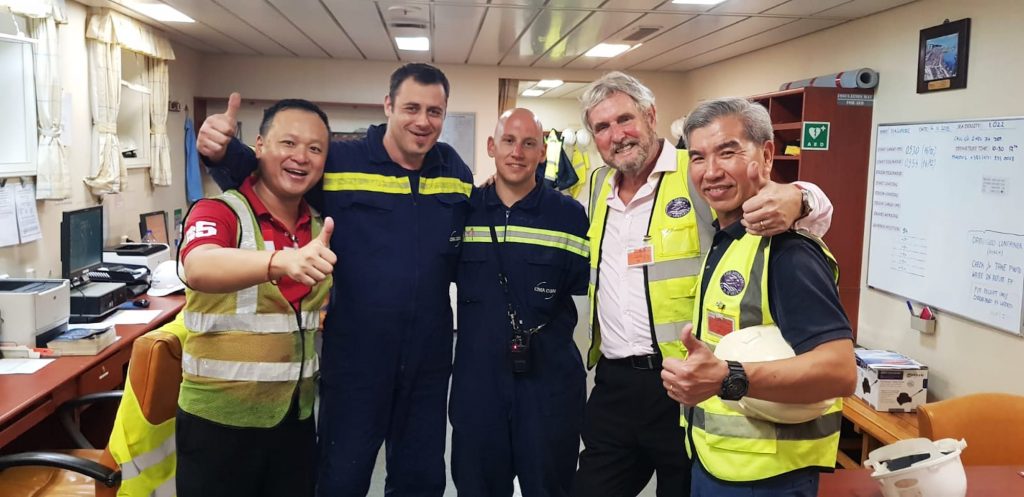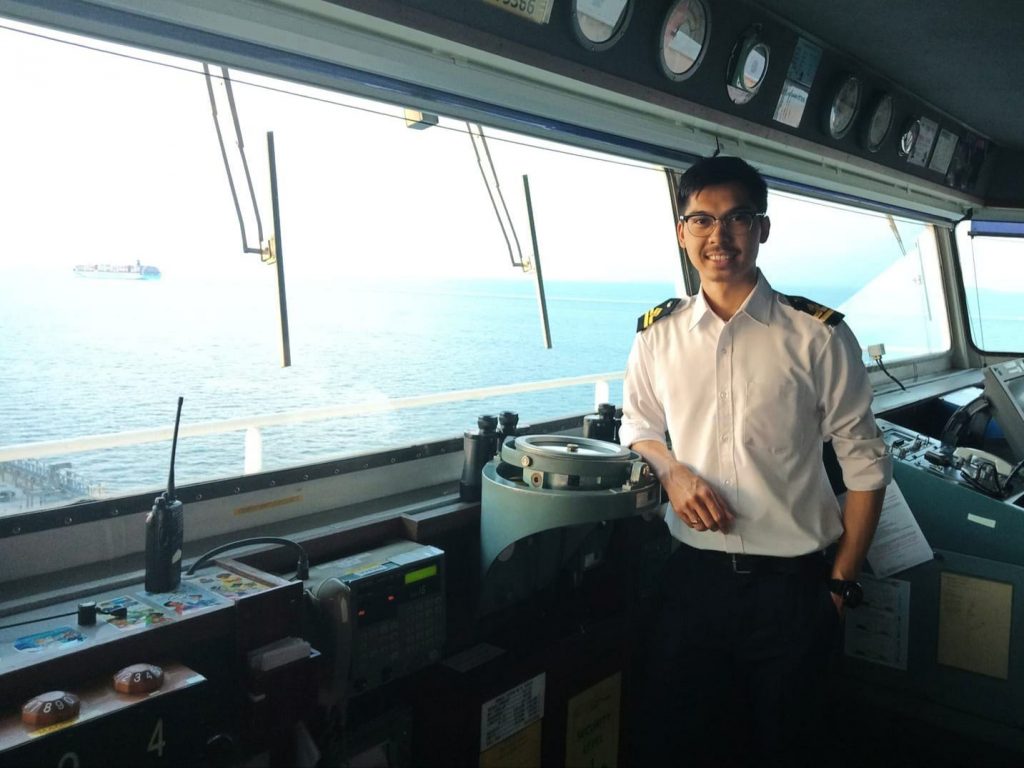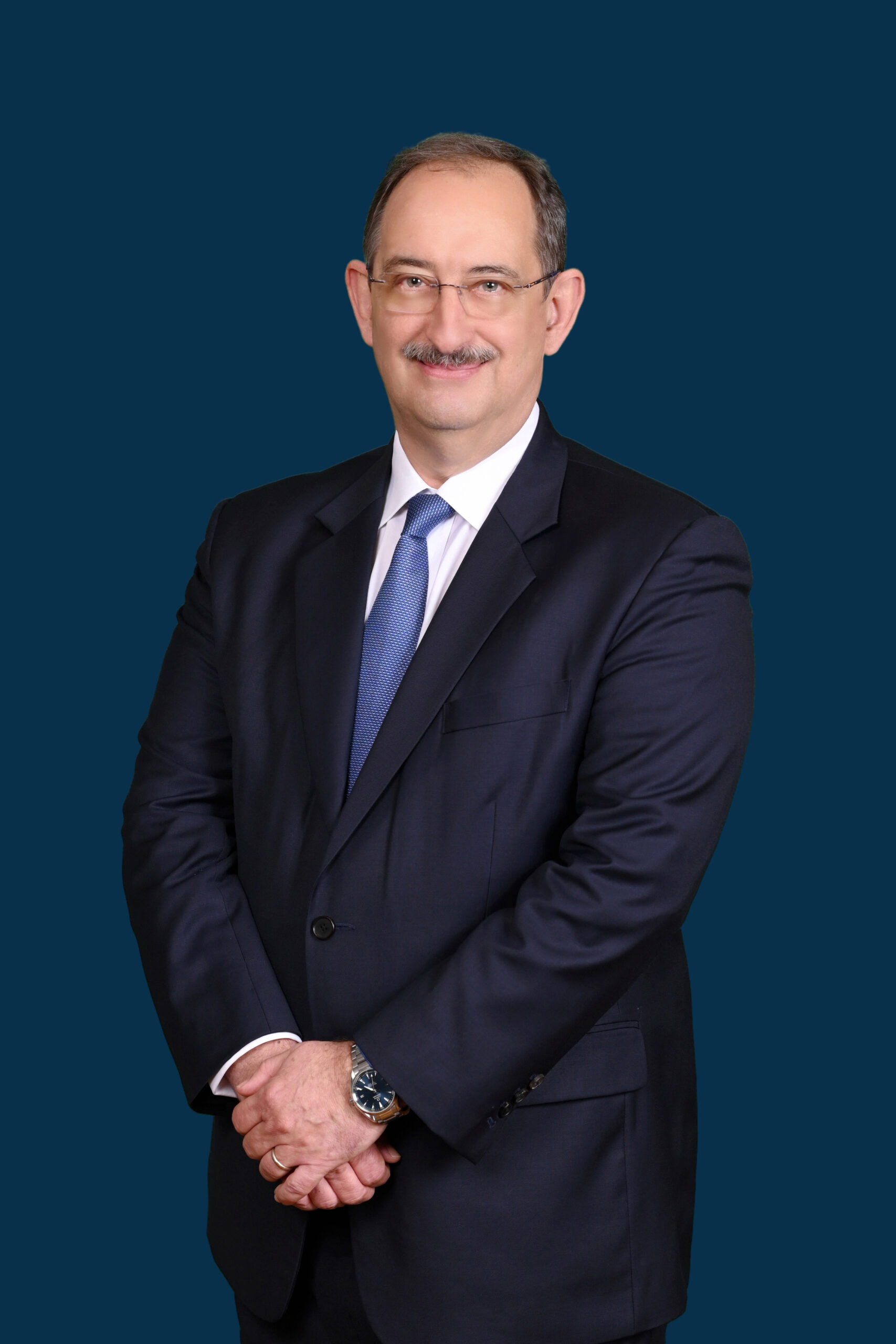Even as the world comes to a near standstill in the face of a pandemic, global supply chains remain open and connected as seafarers continue to work around the clock to transport essential goods to people and organisations worldwide.
“Seafarers are on the frontline during this COVID-19 pandemic,” said Mr Toh Soon Kok, Port Chaplain, Mission to Seafarers Singapore (MTSS). “During this critical period, they are exposed to risks, while maintaining the flow of vital goods, such as surgical masks, medication and medical equipment – all needed to tackle the pandemic.”
Like any other job, this role comes with its share of challenges, such as rough weather, piracy threats and separation from loved ones. As governments react to the pandemic with lockdowns and travel restrictions, seafarers are unable to sign off or sign on.
“This causes mental stress and fatigue, as they are uncertain as to when they can return home,” Mr Toh added.
“Seafarers onshore are also affected as they are unable to sign on,” explained Mr Mohamad Abu Bakar. “They do not know when they will be deployed again, and how they are going to make ends meet until then.”
Yet, in the face of these issues, some have continued to remain positive.
Mr Sulaiman Bin Jamaludin, First Officer at NYK Shipmanagement, had initially expected to return home by mid-April upon the end of his contract, just in time to observe Ramadan with his family, celebrate Hari Raya Puasa as well as his son’s birthday. However, with the onset of travel restrictions, he could not be relieved in time.
“Having constant contact with my family and knowing that they are doing well back home helps me stay optimistic,” said Mr Sulaiman Jamaludin. “The co-operation among co-workers onboard is also important in overcoming this period together.”
“Not knowing when I will be repatriated in time is definitely a challenge both for myself and my family back home,” said Mr Muhamad Fareez Bin Haris, Third Officer, Maersk Tankers. “But I try not to think too much about it by maximising my time onboard, such as taking online courses.”
(Photo: Mr Fareez Haris onboard during Hari Raya Puasa)
“Although I have not required any form of assistance from MPA, I understand that they have been providing monetary assistance and job offers to my batch mates to help them tide over this uncertain period,” said Mr Fareez Haris.
“These initiatives have provided much support and encouragement to the seafarers,” shared Mr Mohamad Abu Bakar. “As we continue to appreciate healthcare workers at the frontline, the maritime community reminds seafarers that they are not forgotten, and are celebrated as unsung heroes during this pandemic.”
Shipping companies play an equally important role in improving their employees’ welfare during these challenging times.
“Many companies are urging countries to recognise seafarers as essential workers,” said Mr Mohamad Abu Bakar. “They are calling for governments to allow international travel so that crew change can be carried out and seafarers can return home.”
“My company has strived their best in making crew change possible, initiating deviations of routes for some ships to allow for crew change whenever feasible,” shared Mr Sulaiman Jamaludin. “They have also increased the internet speed onboard for better communications between the crew and their family, which has been very helpful.”
“One of my STCW certificates has expired and a few others, including my Certificate of Competency, are expiring soon,” said Mr Sulaiman Jamaludin. “As I could not be relieved in time, I was able to obtain a six-month extension approval from MPA with the help of my company.”
Such extraordinary times call for all hands on deck. Organisations such as MTSS and SOS who are dedicated to ensuring that seafarers are well-represented and cared for, work tirelessly to help in any way they can.
“During this period, as we can no longer meet seafarers in person, we have made our contact details available on both our website and MPA’s website, so they can reach out to us if necessary,” explained Mr Toh.
“SOS has prepared 650 care packs containing surgical masks, hand sanitisers, anti-bacterial hand wash and anti-bacterial hand wipes to members based in Singapore,” Mr Mohamad Abu Bakar added. “For seafarers onboard, MPA has helped to distribute these care packs since we are not permitted to visit them.
(Photo: Mr Mohamad Abu Bakar (middle) distributing care packs to seafarers)
Maintaining the continuous flow of goods while ensuring the health and safety of seafarers is no doubt a difficult balancing act. Given the interdependent and interconnected nature of the maritime industry, it takes the collective effort of governments, industry associations and maritime companies to tackle the challenges posed by the pandemic.
While many initiatives have been rolled out, Mr Toh believes that more can be done.
“For example, more shipping companies could bear seafarers’ expenses on transfer arrangements between ships and airports, as well as accommodation during the mandatory quarantine period upon arrival at another country for crew change,” he suggested.
(Photo: Kelvin Lin, Chris Jones and Mr Toh (right) with seafarers onboard during National Day 2019)
Mr Mohamad Abu Bakar added that providing exercise equipment onboard could encourage seafarers to keep fit, especially during this period, when shore leave is limited.
Ultimately, it is uncertain when the world would return to a time before COVID-19. The pandemic has highlighted the importance of adaptability in difficult times and the ability of companies to prioritise its people in their business processes.
“Companies are in talks with the authorities to work out special arrangements for seafarers in the event of another pandemic,” said Mr Mohamad Abu Bakar.
At the end of the day, seafarers are the driving force behind the continuous flow of goods. Despite the accompanying challenges, Mr Fareez Haris believes that a seafaring career is a very fulfilling one.
“I like that there is a clear career path and I get to learn from the Captain directly,” he shared. “I also get to travel the world, see new sights and meet different people. Like many other seafarers, I aim to take command of a ship in the future.”
“Seafaring can be tough,” Mr Sulaiman Jamaludin admitted. “But ultimately, it is a really satisfying and rewarding career. A ship provides a unique working environment and exciting experiences that cannot be found ashore. Seafaring has taught me how to be more patient, responsible and disciplined. It also showed me the importance of having family support. Overall, I can say that I am definitely a much more resilient and independent individual than when I first started, 12 years ago.”
(Photo: Mr Sulaiman Jamaludin on the bridge)
As the maritime community commemorates the 10th anniversary of the Day of the Seafarer, it is imperative that the industry continues to stand in solidarity with this group of key workers through raising awareness, maintaining dialogue and providing tangible support to them.

